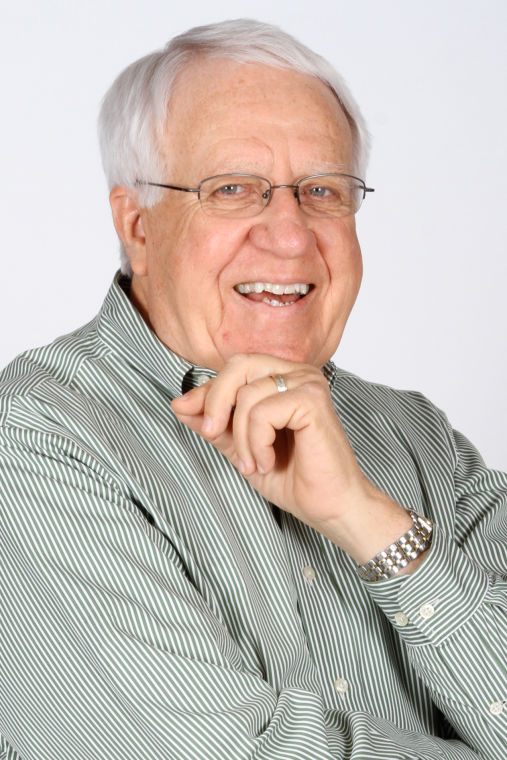
There are a handful of college coaches in this land whose names are interchangeable with the colleges they served during their entire careers.
They were paid salaries that would be laughable compared to contracts held by many big-name coaches today.
The coaches were J. Horace (Cap) Shelton (1893-1967) at Howard Payne College (now University) in Brownwood, and Oscar W. Strahan, who likewise began his tenure around 1920. Strahan (1881-1978) was at Southwest Texas Normal College (now Texas State University) in San Marcos. Their combined service totaled almost a century.
They were close friends, winning similar honors at state and national levels. When they started, both institutions played outdoor sports only. Back in the day, SWT had an enrollment of several hundred, and HPC, even fewer. Each coach was also athletic director, and each served at various times as head coaches in football, basketball and track. Both also taught academic classes, and at HPU, Shelton served in practically every position except president.
They helped organize the Texas Conference in 1925, and later were revered in Lone Star Conference competition. To this day, the outstanding LSC track participant wins the Shelton Award; the top field athlete gets the Strahan Award. The track at Brownwood’s Gordon Wood Stadium honors Shelton; Strahan’s name is on Texas State’s 10,000-seat special events center.
Shelton was still coaching track when he succumbed to a heart attack at age 74 in 1967; he had coached track for 49 consecutive years, winning 14 Texas Conference championships, three in Lone Star and a national title in cross country. Strahan had similar successes. One of his SWT athletes was Milton Jowers, who later was SWT’s head football and head basketball coach, sometimes in the same years.
Jowers was a no-nonsense kind of guy best remembered for turning out basketball teams that regularly made it to the NAIA national tournament.
He likely is the only college coach in America ever to win NAIA championships in BOTH football and basketball.
Fans loved Shelton, Strahan and Jowers, who died of cancer at age 58.
When the SWT yearbook was dedicated to longtime President J. G. Flowers, Jowers’ was included in the poetic citation to herald football excellence.
It read: “Our dear old Dr. Flowers; we could chat with you for hours, but along about two, we’re through with you, ‘cause we’ve gotta go check on Jowers.”
Strahan saw to it that all SWT sports “got their due.” Texas A&I (Kingsville)—the Bobcats’ arch-rival known mostly for football. Generally, A&I basketball and track teams were sub-par, and when A&I and SWT met in football, it was war. Jowers and A&I Coach Gil Steinke both were fierce competitors.
Anyway, when McMurry (Abilene) sought admission to the Lone Star Conference around 1960, Steinke claimed McMurry’s program “wasn’t well-rounded enough.”
Jowers jabbed at Steinke: “Speaking of well-rounded, didn’t you bring your track team to the conference meet on a motorcycle with a sidecar?”
McMurry was admitted. One of the reasons was that Basketball Coach Hershel Kimbrell’s great teams turned out for 31 years. Now 94, Kimbrell has been brought back into sports conversations through his recent biography. Author Caleb Pirtle III, the best author of my acquaintance, turned out a great read for folks interested in basketball “coached right.” Now available on Amazon, it is titled Never Afraid, Never a Doubt. The book was commissioned by Kimbrell’s former players.
Now, back to Shelton.
Two members of his two-mile relay team contributed greatly to public school and college athletics. Glenn Petty and David Noble—both graduates of Odessa High School—were half of the foursome that defeated all competition at Texas, Kansas, Penn and Drake Relays.
They retired a few years ago—Petty served 30 years at Abilene, Texas, ISD, including posts as principal, director of curriculum and director of athletics. Noble succeeded Shelton at HPU and was track coach at Angelo State University for 27 years. Petty won the LSC 880-yard run all four years. He and Noble were “greatness,” too.



